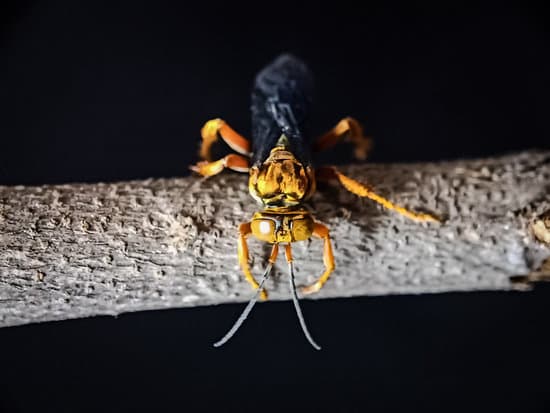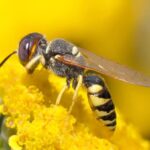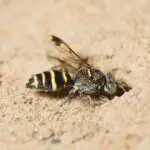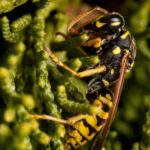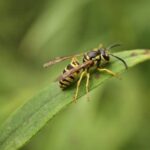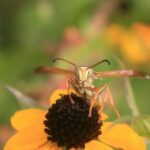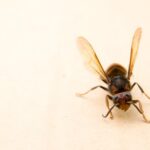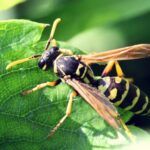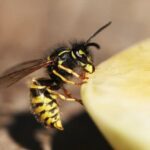How Are Wasps Beneficial to the Environment?
Despite their reputation for being aggressive and solitary, wasps play a crucial role in our environment. They pollinate plants, decompose organic waste, and control the populations of many insects. They also serve as natural biocontrol to protect crops.
Wasps are known for their rapid reproduction. They can multiply at the same rate as their prey, which allows them to closely match fluctuations in their prey’s population. Some species of wasps also serve as backup pollinators. They can visit over 960 plant species.
Some wasps feed on insects that are harmful to crops, such as aphids and caterpillars. They lay parasitic eggs in the body of their prey, which the larvae eat. This helps the farmer to protect his crops.
Wasps are also known for their ability to help develop new medications. Scientists have found that their venom has antibiotic properties. It also has cancer-cell killing properties.
In addition, wasps are capable of nutrient cycling, which means they break down biomass, releasing nutrients into the soil. This gives their larvae the nutrients they need to grow.
Some wasp species feed on animals, such as mice, while others feed on rotting flesh. Many wasps are also predators, which means they hunt live prey. These predators can kill insects carrying human diseases.
Despite their reputation for being aggressive and venomous, wasps are essential to the environment. They play a key role in controlling the populations of many insects, which in turn helps keep our ecosystems balanced.
